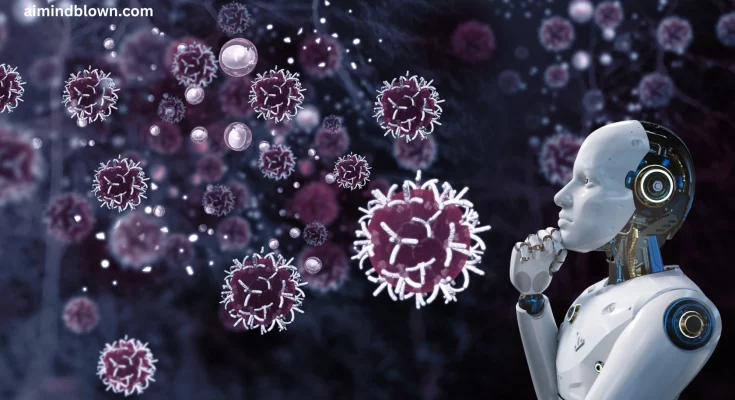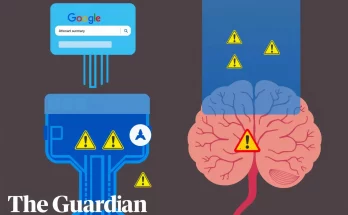In an exciting breakthrough for cancer research, a new AI-based tool developed at the University of Jyväskylä is changing the landscape of colorectal cancer detection. This innovative artificial neural network model shows remarkable promise in identifying cancer from tissue sample analyses, surpassing all previous models in classification performance.
The Emergence of AI in Medical Diagnosis
Researchers from the University of Jyväskylä partnered with the University of Turku’s Institute of Biomedicine, University of Helsinki, and Nova Hospital of Central Finland to create this advanced artificial intelligence tool. The focus of their research is on the automatic analysis of colorectal cancer tissue slides, a significant leap forward in the field of medical diagnostics.
Exceptional Accuracy of the AI Tool
The results from this groundbreaking research are impressive. According to Fabi Prezja, a doctoral student at the University of Jyväskylä, the developed model can identify all tissue categories relevant to cancer identification with an accuracy of 96.74%. This level of precision is critical for timely and effective diagnosis of colorectal cancer.
How the AI Tool Works
In practice, the tool enhances the traditional role of pathologists, who examine scanned digital microscopy slides prepared from patient intestine samples. Typically, a pathologist manually marks the locations of cancerous and adjacent tissues. The new AI tool automates this process by:
- Analyzing tissue samples with high accuracy.
- Highlighting areas containing various tissue categories.
- Providing pathologists with efficient visual cues for further investigation.
This technology can significantly reduce the workload of histopathologists, resulting in faster diagnoses, improved prognoses, and enhanced clinical insights.
Free Availability Encourages Collaboration
One of the important aspects of this research is the commitment to free availability of the AI tool. The research team has made it accessible to foster collaboration among scientists, developers, and researchers worldwide, which hope to:
- Encourage further advancements in cancer research.
- Facilitate the development of new applications for the tool.
- Expand its utility beyond colorectal cancer diagnosis.
As Prezja stated, “The free availability aims to accelerate future advances by encouraging scientists, developers, and researchers worldwide to continue developing the tool.”
Integrating AI in Clinical Practice with Caution
While the findings are promising, the introduction of AI tools into clinical settings must be carried out gradually and cautiously. The research team emphasizes the importance of rigorous validation processes to ensure that the AI tools produce results that align with established clinical and regulatory standards. This step is crucial to gain trust among medical professionals and to ensure the safety of patients.
The Future of AI in Oncology
The development of this AI tool signifies a major step in the fight against colorectal cancer. As researchers continue to refine and apply this technology, it raises exciting prospects for the future of diagnosis and patient care:
- Reduction in the time needed for diagnosis, leading to earlier treatment.
- Enhanced accuracy in cancer detection, potentially saving lives.
- A broader application across various types of cancers as the technology evolves.
The insights and advancements made possible through this AI tool could reshape how pathologists and oncologists approach cancer diagnosis and treatment.
Conclusion
The AI-based tool developed at the University of Jyväskylä is a groundbreaking innovation in colorectal cancer diagnosis. With its remarkable accuracy and the potential for widespread application, it represents a pivotal change in the medical diagnostic landscape. Ongoing collaboration and careful integration into clinical practice will be significant for ensuring its success and reliability. As we look to the future, it’s clear that advancements in artificial intelligence hold the key to improving cancer detection and patient outcomes.
This development not only enhances the capabilities of healthcare professionals but also brings hope to countless patients and their families as we continue to fight against cancer.
Key Takeaways
- AI tool developed at the University of Jyväskylä improves accuracy in colorectal cancer diagnosis.
- The tool’s availability encourages collaborative research and further advancements.
- Caution is needed in integrating AI into clinical settings to ensure safety and efficacy.
Stay informed about the latest advancements in medical technology and research by subscribing to our newsletter!



